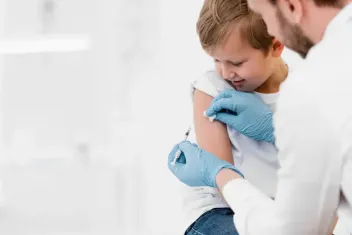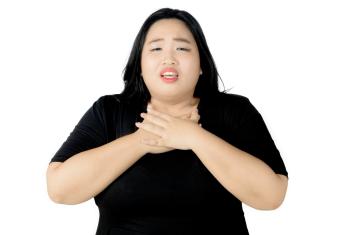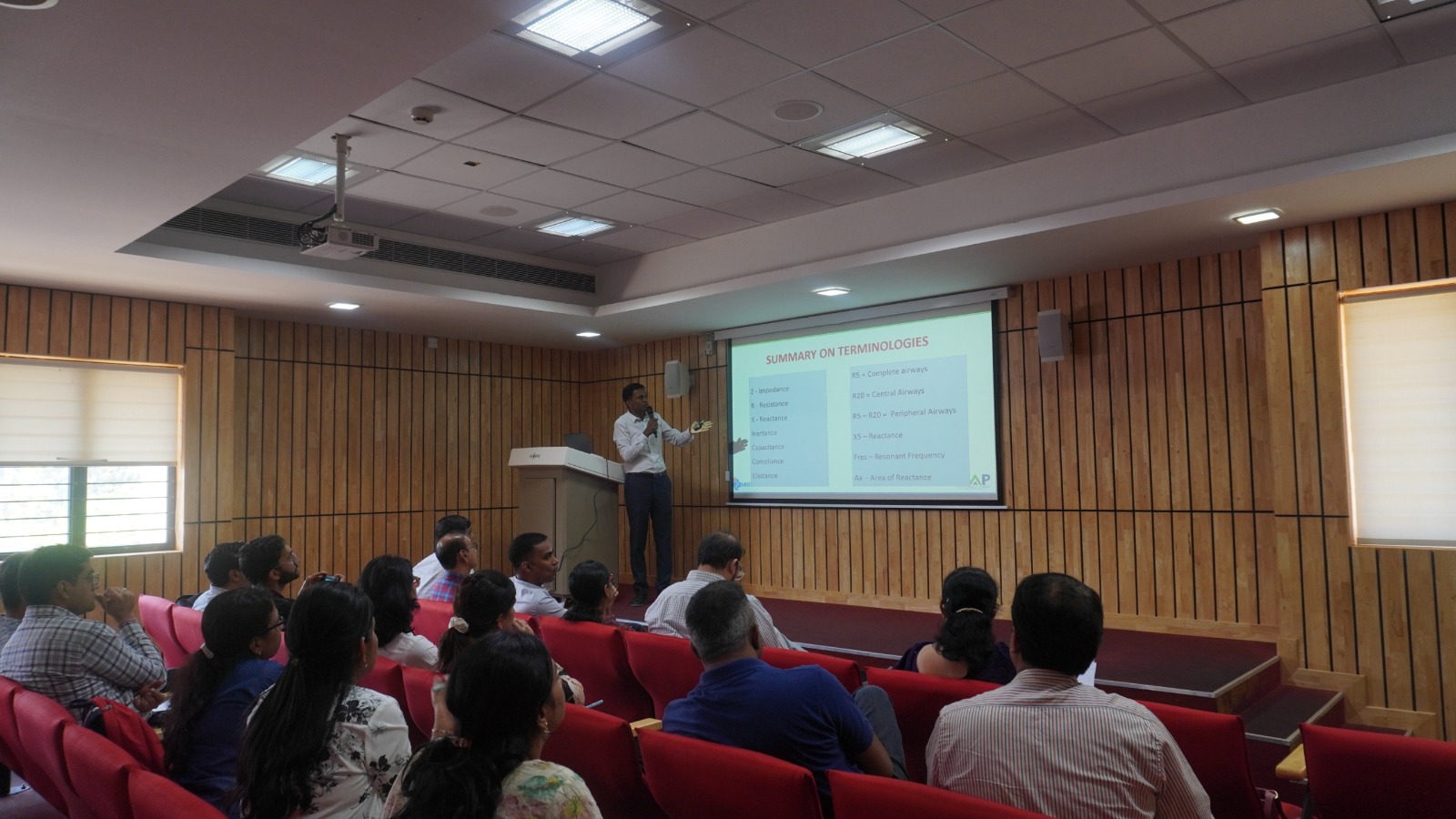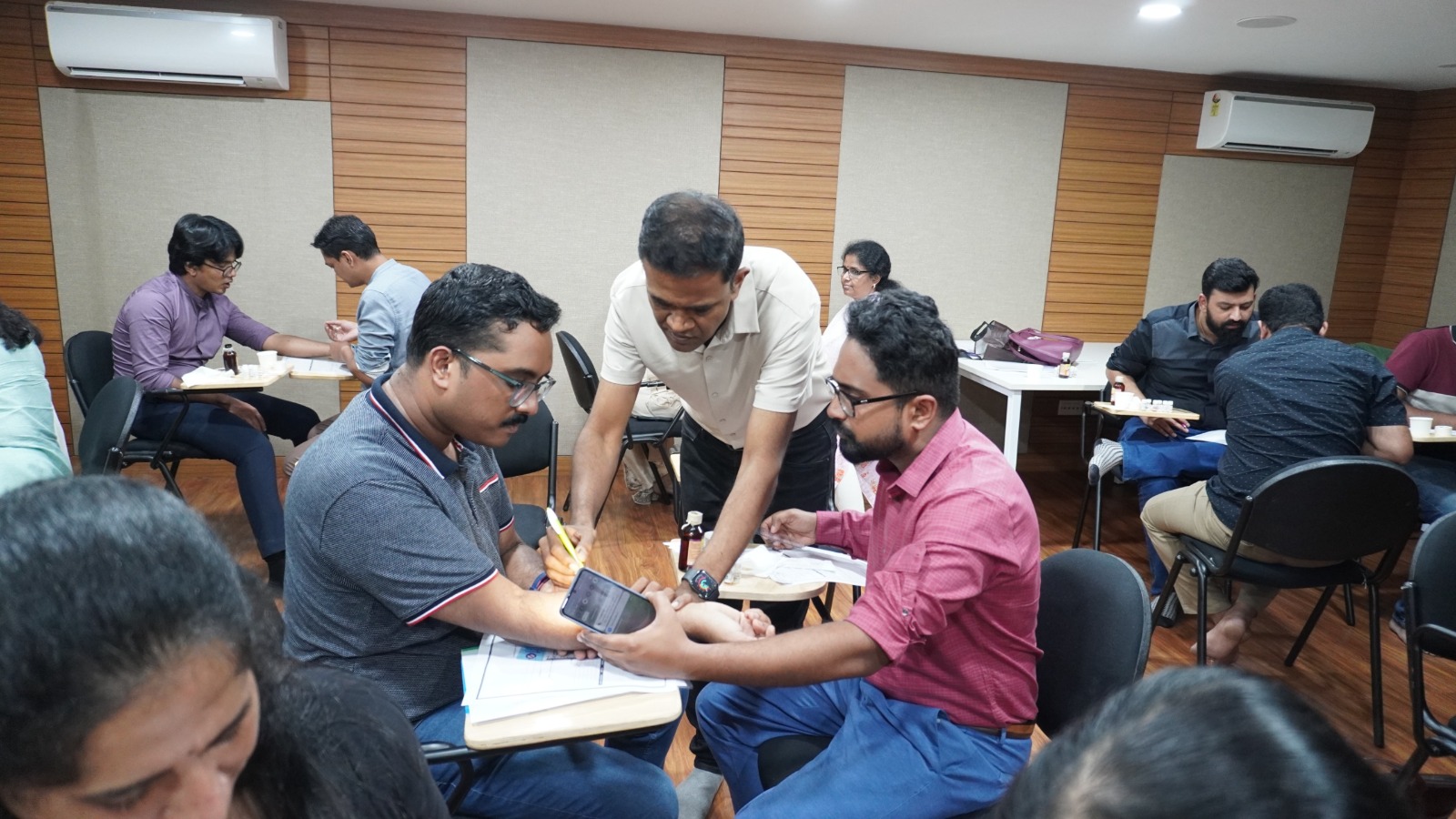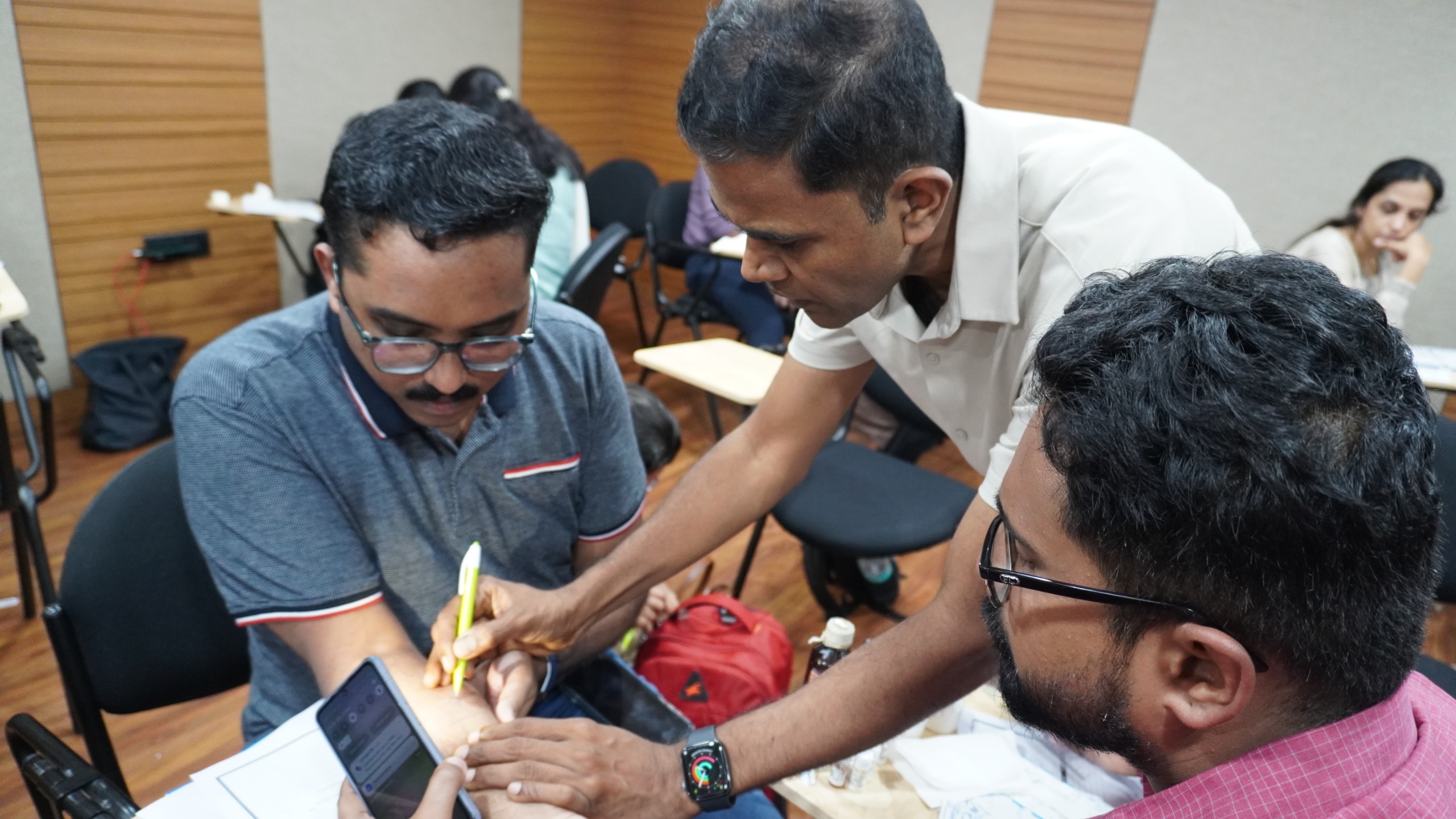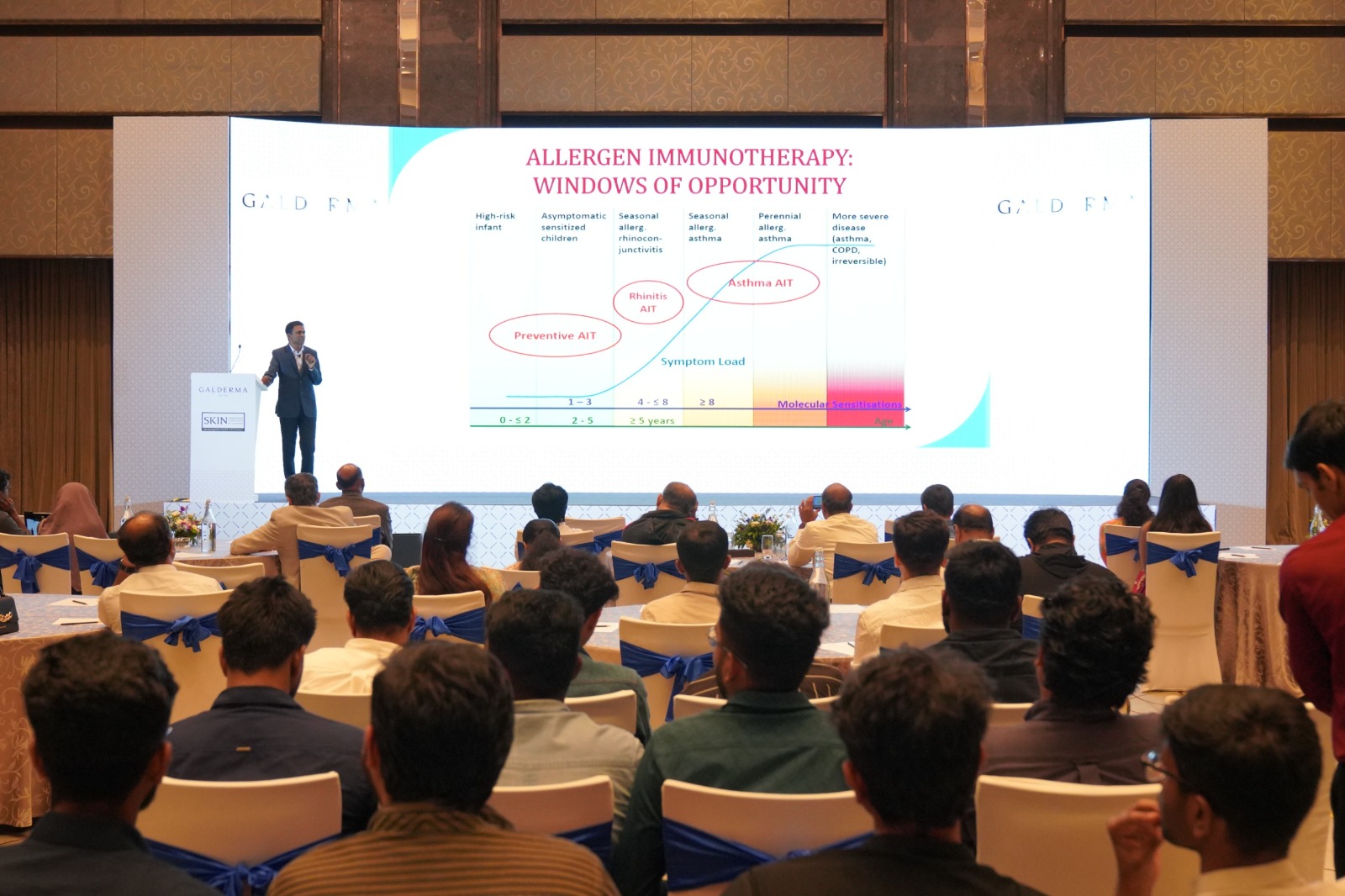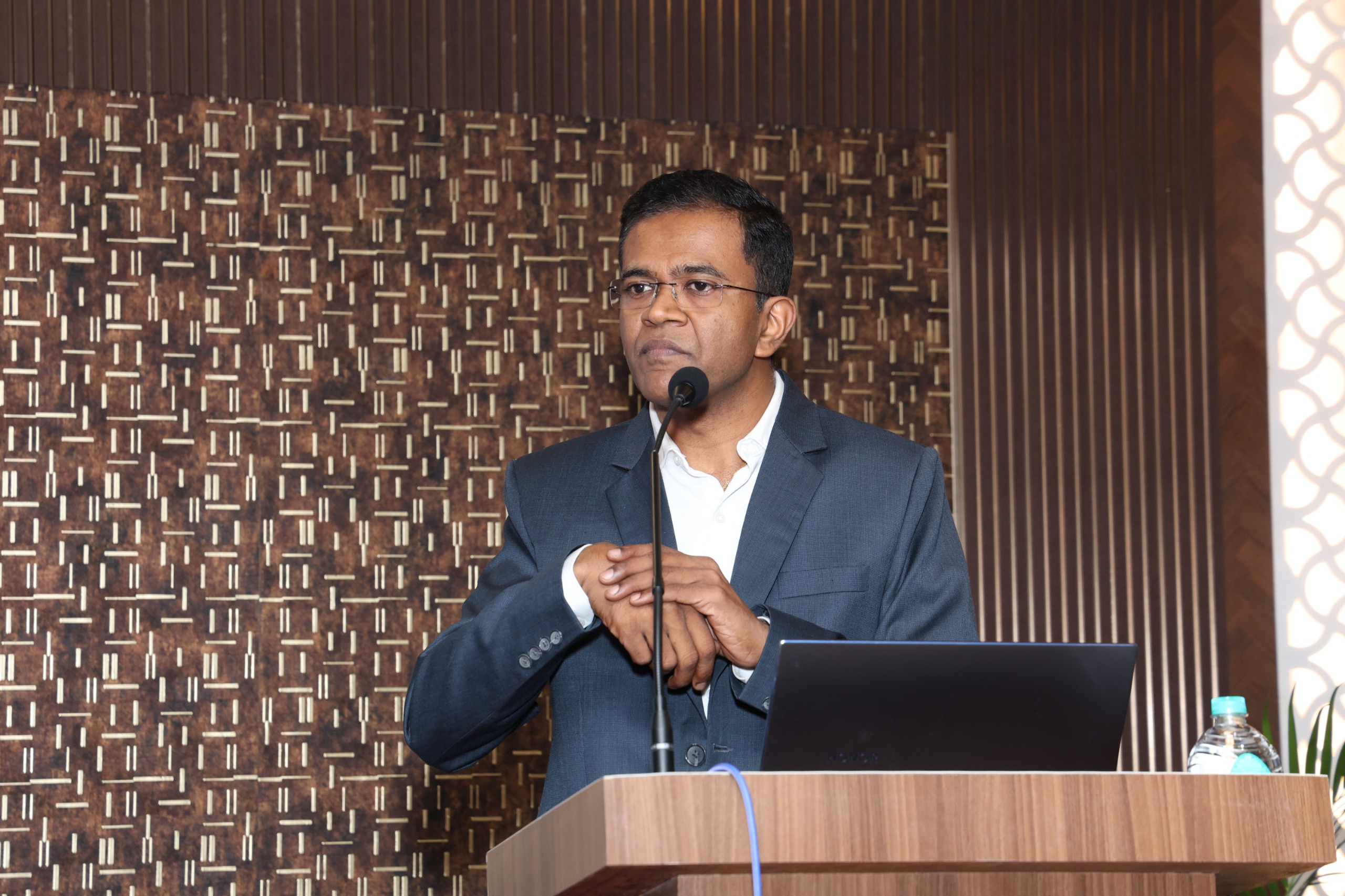Yes, it's possible to develop allergies at any age, even if you didn't have them as a child. Regular evaluation is important for proper diagnosis and management.


Dr Balachandra BV
Consultant Pediatrician & Allergy Asthma Specialist
MBBS, MD(Pediatrics), FPCC, Diploma in Allergy Asthma- Gold Medalist


About Dr Balachandra BV
Dr. Balachandra is a distinguished Consultant Pediatrician and Allergy Asthma Specialist with around 17 years of extensive experience in providing top-tier medical care to infants, children, and adolescents. Renowned for his expertise in diagnosing and managing allergies and asthma for all age groups from infants to children, Adolescent, Adult and Old age, Dr. Balachandra is dedicated to educating patients and their families on managing these conditions through trigger avoidance, proper medication use, and lifestyle adjustments. His holistic approach involves collaborating with multidisciplinary teams to ensure comprehensive care, with a strong emphasis on preventive health measures like vaccinations and nutritional counseling. Fluent in English, Kannada, Hindi, Telugu, Tamil. he is committed to fostering long-term, compassionate relationships with his patients and their families, ensuring continuous and personalized care.
He is the Co-Founder of Med-train(Medical Edu-tech Company) which enhances the skill set in Doctors, Nurses and Paramedics. He has trained 546 Allergy specialist in India, Nepal, Sri Lanka and Middle east countries.
He is the Co-Founder of Allergy Central - Center of Excellence in Allergy and Asthma Care.
He is Co-Founder of LinqMD - A Digital connect between Health Care professional and patients.
General Pediatrics – Birth to 18 Years Allergy Asthma Specialist in Paediatrics Adult

Dr Balachandra BV's Areas of expertise
- General pediatrics
- Adolescent care
- Pediatric Nutrition
- Pediatric Immunization
- Adult Immunization
- Pediatric Allergy
- Adult Allergy
- Allergy rhinitis
- Sinusitis
- Pediatric Asthma
- Adult Asthma
- Eye Allergy
- Food Allergy
- Skin Allergy
- Drug Allergy
- Anaphylaxis
- Allergy Test (Skin prick test, Blood test, Patch test etc.....)
- Allergen Immunotherapy
- Dr Balachandra was awarded 10th rank in MD pediatrics from Rajiv Gandhi University of Health Science in 2006.
- Dr Balachandra was awarded Gold medal in Diploma in Allergy and Asthma from CMC Vellore in 2014.
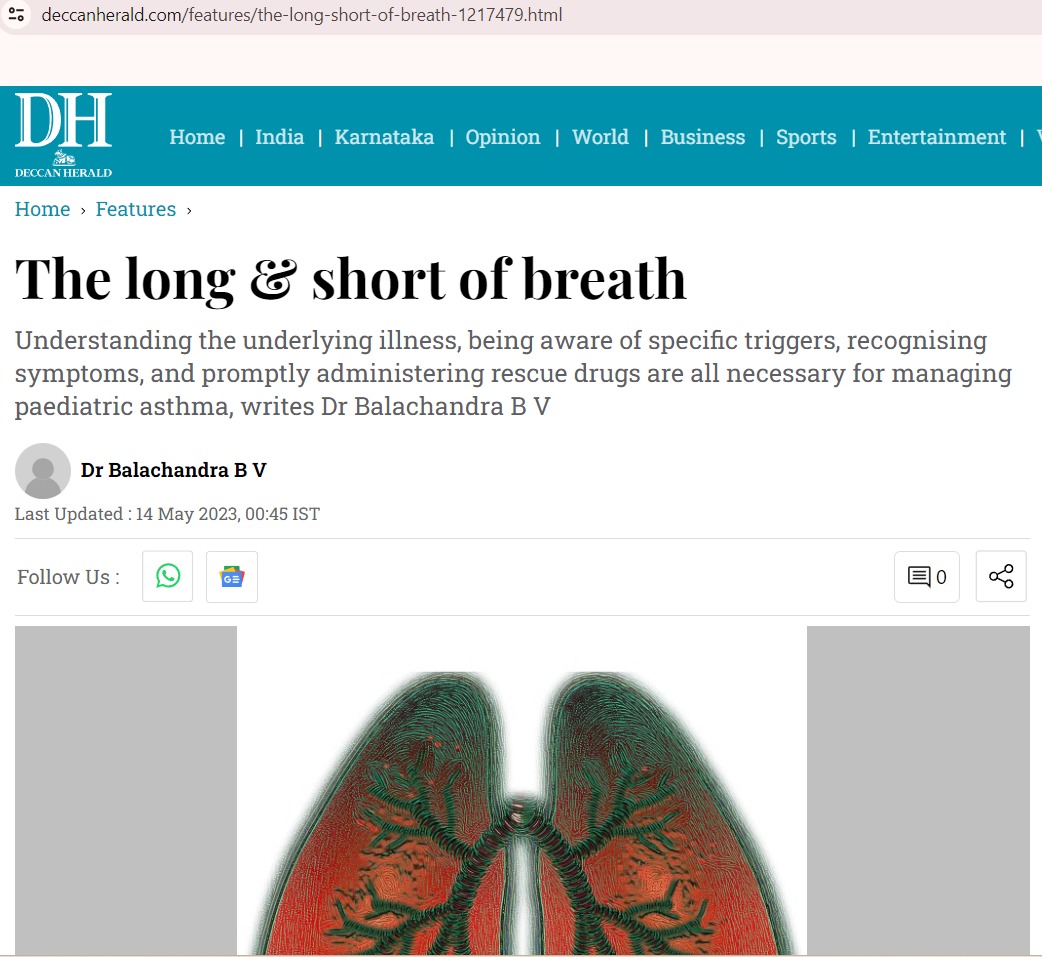
Dr Balachandra has been National Co-Ordinator for Handling Office Pediatrics Emergencies from Indian academy of Pediatrics

Dr Balachandra presenting a lecture on Atopic March at the Shangri-La, as part of the event hosted by the Galderma.

- MBBS - MS Ramaiah Medical College Bangalore, Rajiv Gandhi University of Health Sciences, Bangalore, India, 2001
- MD - Pediatrics - JSS Medical College Mysore, Rajiv Gandhi University of Health Sciences, Bangalore, India, 2006
- FPCC - Fellow in pediatrics Critical Care, St Johns Medical College Bangalore,2007
- DAA - Diploma in Allergy Asthma and Immunology - Christian Medical College & Hospital, Vellore, 2014
Book Appointment
No 303, Nikith Arcade, 2nd Main Rd, above Karnataka Bank, Kasturi Nagar, Bengaluru, Karnataka 560043
- Monday - Saturday
- 10:00 AM - 01:30 PM
Phone: +91-96633 58193
Conditions and Treatments
Dr Balachandra BV's Expert Tips & Health Insights
Articles by Dr Balachandra BV
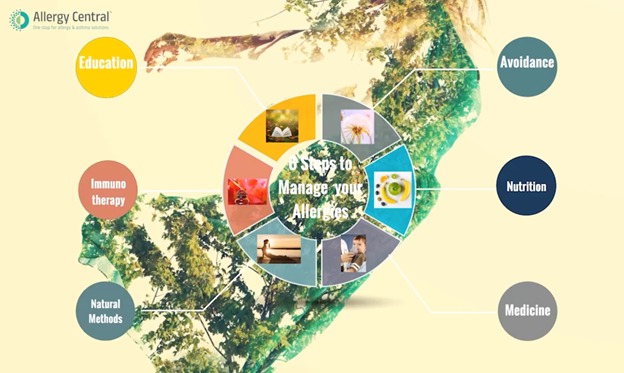
6 Steps to Manage Allergies: Practical Tips for Better Health
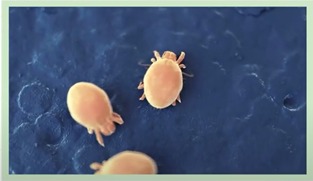
How to Avoid or Manage Dust Mite Allergy
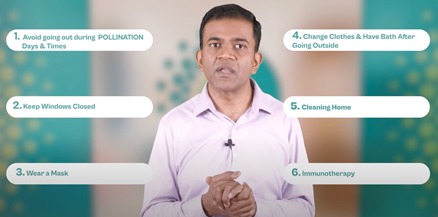
How to Avoid Pollens: Practical Steps for Allergy Sufferers
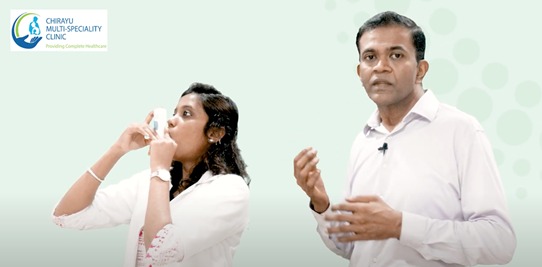
How to Use a Breath Actuated Inhaler (BAI)

How to Use a Metered Dose Inhaler (MDI) with Spacer
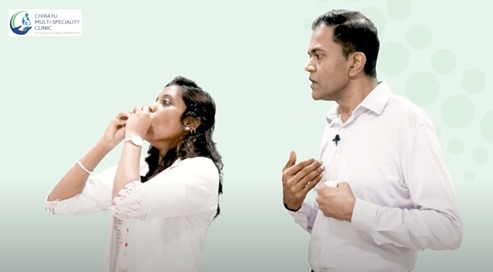
How to Use a Rotahaler with Rotacap for Asthma and COPD

How to Use an MDI with Spacer and Face Mask for Children Under 4 Years

Peak Flow Meter: A Simple Tool for Better Asthma Control

What Is Spirometry How It Helps In Early Detection Of Respiratory Problems In Children

Top 10 Signs Your Child May Need an Allergy Test And When to Act

Why Is My Child Coughing So Much A Pediatrician’s Guide to Parental Concerns About Cough in Children

The Hidden Burden: How Allergic Rhinitis Affects Your Daily Life

Understanding Hand, Foot and Mouth Disease A Guide for Parents
Podcasts by Dr Balachandra BV
Gallery of Dr Balachandra BV
Dr Balachandra BV's Reviews
Dr Balachandra BV's Reviews
Frequently Asked Questions
Frequently Asked Questions
Avoid the suspected food and consult with an allergist for testing and a management plan.
Symptoms include frequent coughing, wheezing, shortness of breath, and chest tightness. A proper diagnosis involves lung function tests like spirometry or Forced Oscillometry Test and medical evaluation.
Symptoms include difficulty breathing, swelling, hives, and a rapid heartbeat. Immediate administration of epinephrine and emergency medical care is crucial.
Some children may outgrow certain allergies, such as milk or egg allergies, but others, like peanut allergies, can persist.
Some children with wheezing may have lesser wheezing episodes or coughing episodes as and when they grow older, however few children may continue to have wheezing for long time. Its very important to do Lung function test like spirometry or Forced Oscillometry test to identify the nature of the disease and give more detailed information.
Reliever inhalers provide quick relief from asthma symptoms, while controller inhalers are used daily to prevent symptoms.
Management includes using prescribed inhalers, avoiding triggers, and following an asthma action plan.
We can discuss in detail after consulting and understanding the patient
Allergy testing may involve skin prick tests or blood tests to identify specific allergens. The tests are relatively quick and results are usually available within a short period.
For Skin Prick test – you should be avoiding Anti Histamines, Anti Psychotics for at least 1wk before you can get the Skin prick test
For Blood test you don’t have to avoid any medications before the test.
Allergen immunotherapy, or Allergy shots, involves administering gradually increasing doses of allergens to build tolerance and reduce symptoms.
We treat a wide range of allergies including Allergic Rhinitis (hay Fever), Asthma, food allergies, seasonal allergies, pet allergies, Insect allergies and drug allergies.
Please visit Manipal Hospital = Old Airport road or Ovum hospital – Kalyan Nagar, or you can also visit your nearest hospital
Consultation fee will be 500rs for visiting pediatrician and if you need to follow up within 1 week the it will be charged 250rs within 1 week of first consultation
Yes, we provide telemedicine consultations for certain conditions and follow-up visits. Please inform the appointment number 9663358193 about online consultation
Common illnesses include colds, ear infections, strep throat, and stomach flu. Symptoms vary but can include fever, cough, sore throat, and stomach pain.
We offer guidance on balanced diets, managing picky eating, and addressing any specific dietary concerns.
For mild fevers, ensure your child stays hydrated and rests. Please use the fever medicine prescribed by your doctor in the past with the advised dose and schedule also please book appointment and visit us.
Vaccinations are recommended based on the IAP Vaccine Schedule, Please look at the blog for more details about immunization schedule.
Yes, we strive to accommodate same-day appointments for sick children.
Bring any relevant medical records, a list of medications your child is taking, and any questions you have.
Regular check-ups are recommended: newborn visits, followed by Vaccination visits in the first year, biannual visits in the second year, and annual visits thereafter.
We treat children from birth through adolescence. ) to 18 years of age for General Illness
for Allergy and Asthma we manage for all age groups pediatric as well as adult age groups
We provide comprehensive pediatric care including routine check-ups, vaccinations, treatment for common illnesses, growth monitoring, Nutrition and management of chronic conditions.





